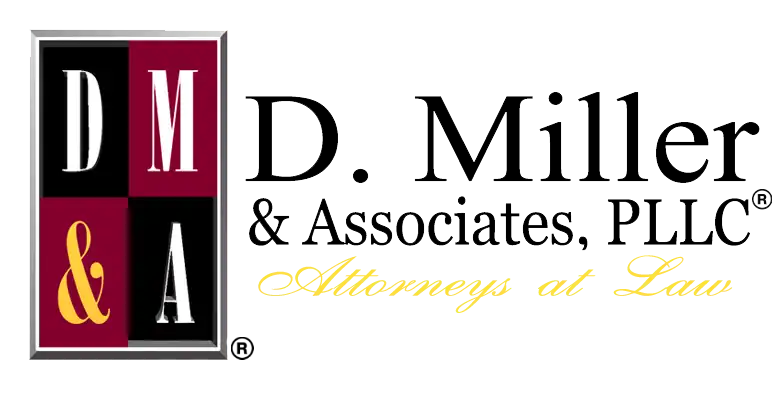Baytown property owners and occupiers have a responsibility to keep their homes, stores, restaurants, and other premises free of unreasonable hazards. They must repair hazards quickly after they discover them, or warn guests of the risk if they cannot immediately fix the problem.
When property owners fail to uphold their responsibility and a guest suffers injuries, Texas law allows the injured party to hold the property owner accountable. You may be able to collect compensation for your medical bills, lost wages, pain and suffering, and more by filing an insurance claim or lawsuit. A premises liability lawyer in Baytown can help.
At D. Miller & Associates, PLLC, a personal injury lawyer in Baytown can review your case and explain your options for holding the property owner responsible. We will take action on your behalf, fighting for the full value of your losses. Our case evaluations are always free, and we handle all premises liability cases on a contingency basis.
Call our office today at 713-850-8600 to learn more.
Types of Recoverable Damages in a Baytown Premises Liability Claim
The types and amount of damages you recover in your case vary based on how your accident occurred and other details about your losses. In general, we can recover a wide range of damages for our clients. These could include:
- Medical care costs;
- Ongoing care expenses;
- Current lost wages;
- Future lost income if you cannot return to work;
- Almost any related out-of-pocket costs; and
- Pain and suffering damages.
Before we ever file a claim, we will fully investigate your accident. We need to understand precisely what happened, how, and why. This allows us to demonstrate negligence and liability, and to prove the full value of your losses.
In many cases, we determine the value of the claim is much higher than our client anticipated. If they attempted to handle their claim on their own, they might have left thousands of dollars on the table. For this reason, we recommend always discussing your case with an attorney before you reach an agreement with an insurance company.
The Role of Negligence and Liability in Your Case
Negligence is at the heart of every premises liability claim. We must prove the property owner was careless, reckless, or otherwise negligent to hold them liable for your damages and recover the payout you deserve. To prove this, we must collect evidence showing:
- The property owner knew about the unreasonable hazard, or should have known about it;
- They failed to remove or repair the hazard, or warn you about the risk of injury;
- The hazard—and their refusal to remedy it—caused your injuries; and
- You suffered physical and financial damages because of the incident.
When you enlist our help with your case, we will investigate what happened. We will collect all available evidence to prove the property owner acted negligently or unreasonably. This allows us to approach their insurer with a strong case against them and gives us strong negotiating power to work out a fair settlement.
Navigating the Texas Premises Liability Process
If you suffered injuries in your accident, we highly recommend discussing your case with a knowledgeable attorney before accepting a payout from the insurance company. These cases are rarely as simple as they seem, and the insurance company is not looking out for your best interests.
We can handle all aspects of your claim, no matter how your injuries occurred. Some of the most common Baytown incidents we handle include:
- Slips, trips, and other falls;
- Dog bites;
- Diving or swimming pool accidents; and
- Other injuries that occurred on someone else’s property.
As a part of a full investigation into your injuries, we will:
- Identify and collect evidence;
- Interview witnesses;
- Obtain copies and analyze any video of the incident;
- Work closely with reconstruction experts; and
- Put together a strong case to show the property owner acted negligently.
With a thorough investigation, we usually have plenty of evidence to show the property owner played a significant role in causing—or failing to prevent—your injuries. We take this evidence to their homeowner’s or business liability insurance provider and demand a fair payout. Usually, we can negotiate a settlement based on our valuation of your losses.
Only occasionally do we need to litigate this type of case. If we do have to file a personal injury lawsuit, the state’s statute of limitations gives us two years from the date your injuries occurred to ask a judge to award damages in your case.
Protected Guests Under Texas Premises Liability Laws
While most people who suffer injuries because of an unknown hazard on someone else’s property can hold the property owner responsible, this does not extend to everyone. Trespassers who are illegally on the property generally cannot recover damages after an accident.
Property owners or occupiers are responsible for protecting all invitees from unreasonable hazards. This would include:
- Invited guests;
- Customers;
- Contractors;
- Delivery personnel; and
- Anyone visiting the property for the benefit of the owner, whether invited or not.
While adult trespassers are unlikely to win a premises liability case in court, children and teens who trespass may have some legal protections. This is especially true if they were there because of an attractive nuisance, such as a swimming pool. If your child suffered injuries while trespassing on someone else’s property, you may still have a case against the property owner. We will be glad to evaluate the situation and offer you advice.
Talk to a Premises Liability Lawyer in Baytown About Your Injuries
The attorneys at D. Miller & Associates, PLLC, may be able to help you pursue compensation for the injuries and damages you suffered. We can review the facts of your case and determine if we believe you have a valid claim against the property owner. If so, we can file your insurance claim or lawsuit and fight for the compensation you deserve.
Call us today at 713-850-8600. We offer free case evaluations and handle all premises liability claims on a contingency basis.

